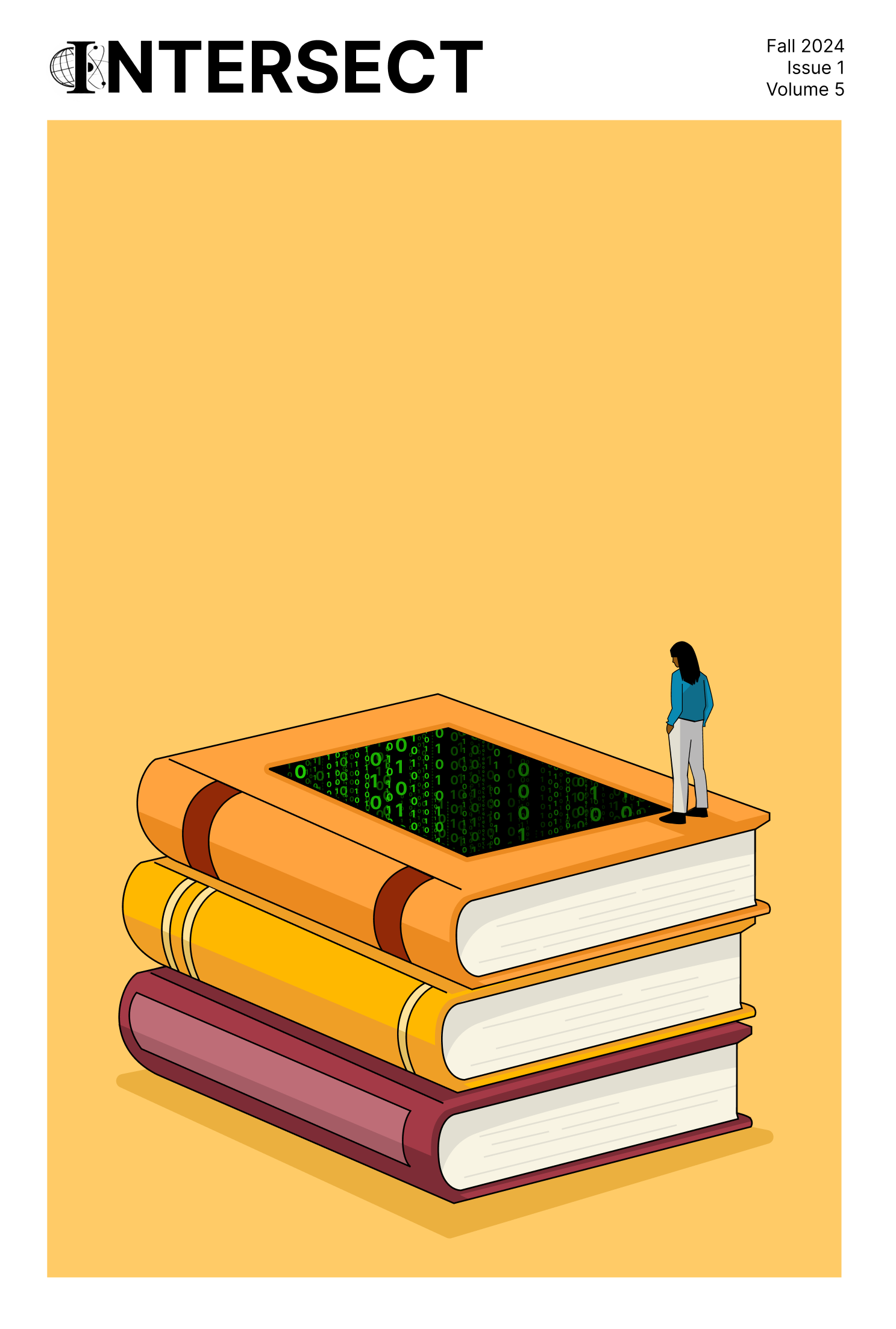Gen Z Will Be Prepared For the AI Wave Entering the Workforce
Abstract
As Gen Z gets older and starts entering the workforce, AI’s technology and computing power grows as well. AI (Artificial Intelligence) was originally made for completing one task and being good at the set task. For example, Deep Blue, a program developed in 1997 was simply designed with one goal: To beat you at chess. However, in the last 10 years, AI has gone from being a simple amusement to humans to playing a significant role in the workforce. Now they range from AI’s that build websites for you, to personal AI assistants that actively try to personalize your online experience. It's clear that AI’s presence in the corporate world is expanding rapidly. One group of people that have watched this change in the need for AI is actually Gen Z. So this begs the question whether they are ready to take on the new wave of AI and utilize it properly. The true answer is that with Gen Z having grown up around AI technology, they will be prepared for the future. They know that AI can do powerful things like take care of repetitive tasks, assist with gathering data on customers, and even manage social media accounts. Gen Z is aware of the dangers and benefits of the new wave of AI and is ready to put it into use.
Downloads
Published
Data Availability Statement
No Data available.
Issue
Section
License
Copyright (c) 2025 Intersect: The Stanford Journal of Science, Technology, and Society

This work is licensed under a Creative Commons Attribution-NonCommercial-NoDerivatives 4.0 International License.
Authors who publish with this journal agree to the following terms:- Authors retain copyright and grant the journal right of first publication with the work simultaneously licensed under a Creative Commons Attribution License that allows others to share the work with an acknowledgement of the work's authorship and initial publication in this journal.
- Authors are able to enter into separate, additional contractual arrangements for the non-exclusive distribution of the journal's published version of the work (e.g., post it to an institutional repository or publish it in a book), with an acknowledgement of its initial publication in this journal.
- Authors are permitted and encouraged to post their work online (e.g., in institutional repositories or on their website) prior to and during the submission process, as it can lead to productive exchanges, as well as earlier and greater citation of published work (See The Effect of Open Access).

